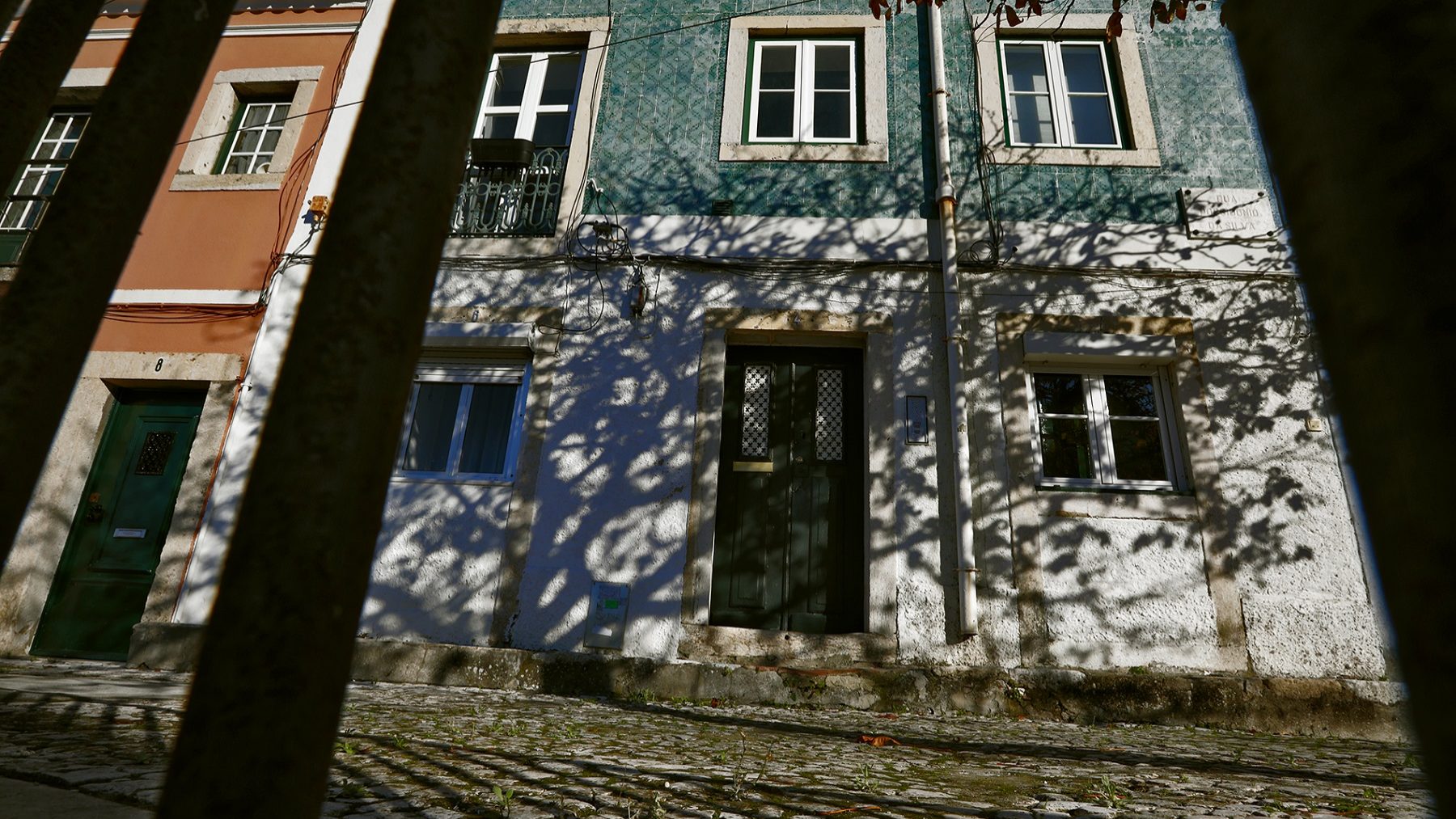House prices rose 8,4% in 2020, despite 9,678 fewer transactions
The reduction in transactions was mainly in used homes which was reflected in a sharper deceleration in the price growth for used homes to 8.7% than for new homes, whose prices increased by 7.4%.
Housing sales and purchases in Portugal decreased in 2020, with 171,800 homes transacted, 9,678 less than the previous year, but prices advanced 8.4%, according to a BPI bank study.
Last year, the housing market proved resilient in the face of the economic crisis caused by the pandemic, with housing prices advancing 8.4%, but the price increase was 1.2 percentage points below that recorded in 2019, thus consolidating the trend of slowing the pace of price growth after the peak in 2018, says the report released on Wednesday.
“171,800 homes were transacted in 2020, 9,678 fewer than in 2019. In the first half of 2020, marked by restrictive measures on movement and economic activity to contain the spread of Covid-19, 76,930 homes were transacted, 9,500 less than in the same period, while in the second half of the year the number of transactions was very close to that of the same period of 2019.
The reduction in transactions was mainly in used homes which was reflected in a sharper deceleration in the pace of price growth for used homes to 8.7% (1.4 percentage points less than in 2019) than for new homes, whose prices increased by 7.4%, just two tenths less than in the previous year.
“The resilience of the market will be explained in part by the usual time lag between movements in the economy and the property market, but also by the measures implemented to mitigate the impact of the pandemic, avoiding a sharp increase in unemployment and a fall in income,” BPI says.
BPI also points to the postponement of the end of the ‘gold visa’ residence permit for foreigners as one of the reasons for a slower cooling of the property market, since, despite the restrictions on mobility in 2020, 1,094 visas were granted, which totalled an investment of €590 million, equivalent to 2.2% of the value of transactions in 2020 (2.6% in 2019).
On the other hand, the indicators show that residential supply increased in 2020, which contributed to the reduction of pressure on prices.
The BPI study underlines that, as a rule, the real estate sector reacts with a lag to changes in GDP, and for this reason, it is expected that in 2021 the market will cool down more pronouncedly.
However, this will be a transitory movement and the market should start to recover as early as 2022, with the ‘Next Generation EU’ real estate funds playing an important role in boosting the market.


